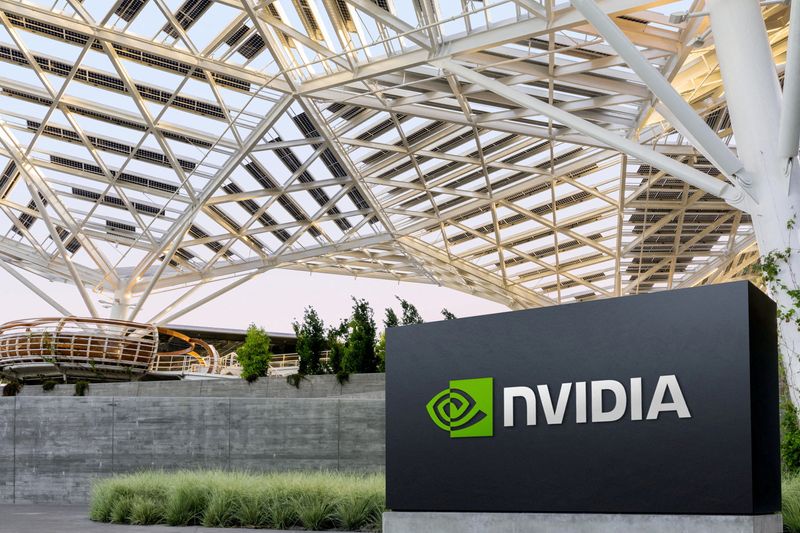Investing.com -- The Magnificent 7 stocks have been the hot stocks to own over the bull cycle, but the largest U.S. investors have been surprisingly missing out because of market rules that limit how much they can own, but these funds are poised to make changes to lean more heavily into the Mag 7, ushering a fresh wave of investment dollars into these megacap stocks.
"Nearly every US fund manager is underweight these stocks collectively, according to our proprietary positioning data of 150 of the largest US funds with over USD1.9t trillion of AUM," HSBC said in Wednesday note.
These cohort of stocks -- including NVIDIA Corporation (NASDAQ:NVDA), Apple Inc (NASDAQ:AAPL), Alphabet Inc Class A (NASDAQ:GOOGL), Tesla Inc (NASDAQ:TSLA), Microsoft Corporation (NASDAQ:MSFT), Meta Platforms Inc (NASDAQ:META), Amazon.com Inc (NASDAQ:AMZN) -- make up just 18% of fund portfolios despite accounting for 28% of the FTSE US, HSBC added.
This underweight position isn't driven by bearish views on these megacap stocks, but rather by market rules.
The Investment Company Act of 1940 suggests that portfolio holdings which account for more than 5% of total assets "are uncomfortably large," HSBC said. To maintained their "diversified" status, mutual funds need to ensure that investment positions in portfolios which account for more than this 5% threshold remains below 25% of its total assets.
Under the rules, a fund cannot buy any more of the stocks that have breached this 25% threshold, representing a serious handicap for funds that have stocks such as the Mag 7 that have surged in value likely breaching the 25% threshold.
To buy more of the stocks that have had runaway gains and have breached the 25% threshold, funds will have to become classified as “non-diversified," but this requires shareholder approval and diversification is still something that holds sway with many investors.
Yet, more funds are exploring this route, and many more are expected to follow.
T Rowe Price (NASDAQ:TROW) changed some of its large cap growth funds to “non-diversified” status in 2021, while Fidelity followed in 2023, HSBC said, forecasting more more funds to follow suit to avoid portfolio underperformance as the Mag 7 stocks are poised to leverage their resources to benefit from the AI revolution.
The risk that US concentration continues to increase will drive more funds to become "non-diversified," HSBC estimates, "driving further flows into the Magnificent 7."
